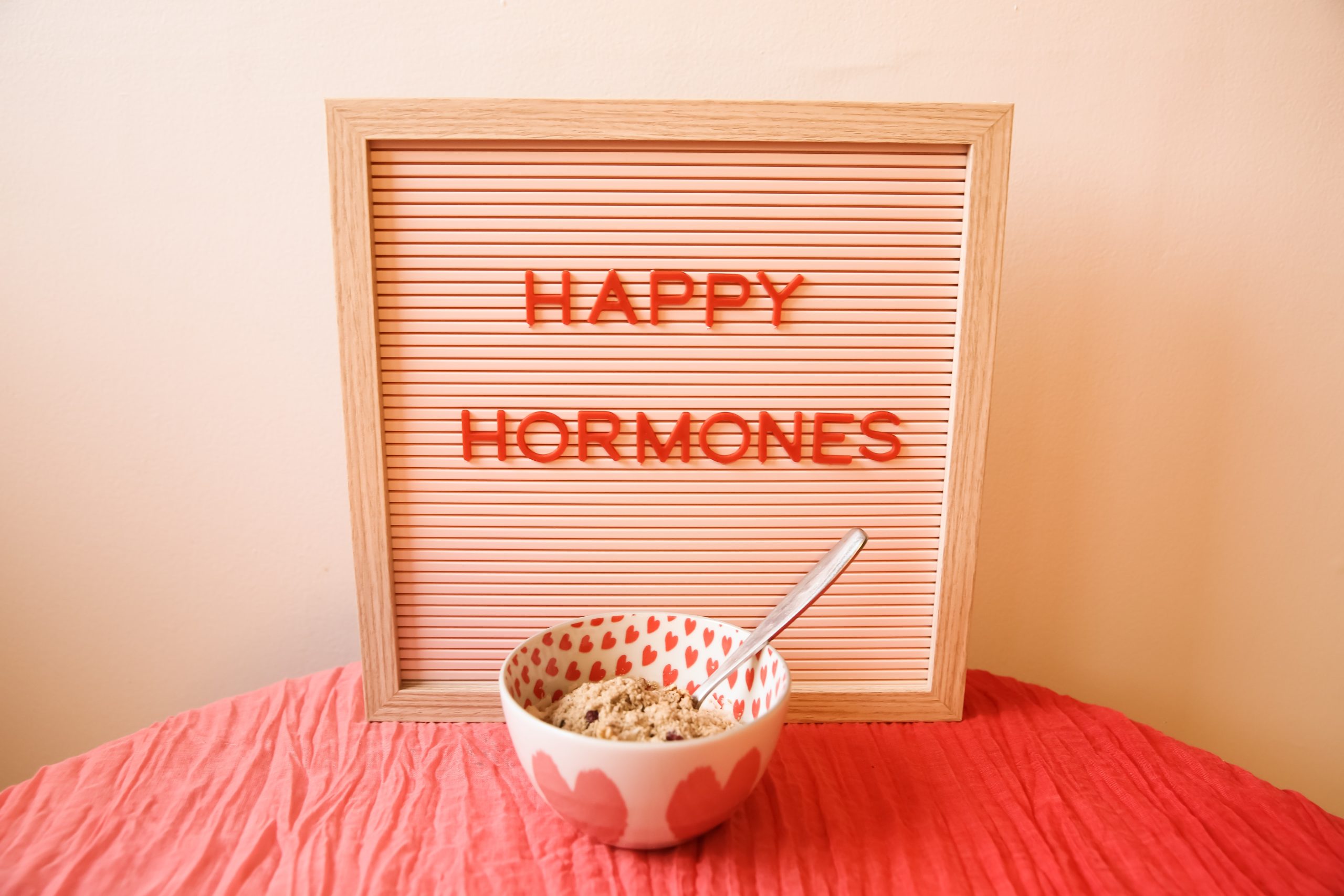
You need messengers in the body for it to function correctly. That requires many things, including healthy nutrition. The messengers are your hormones. They’re chemicals created by the body that are vital to all functions. Each hormone has one that opposes it to return the body to homeostasis. Ghrelin is the hunger hormone, while leptin is the hormone that makes you feel full. Insulin lowers blood glucose, but if it gets too low, the body releases glucagon, which tells the liver to release more glucose.
Balancing sex hormones can be tricky.
Whether menopause or your menstrual cycle is causing problems balancing your estrogen, the food you eat can make a difference. Estrogen does more than regulate your cycle and the reproductive system. It also affects the heart, blood vessels, skin, hair, bones, and the brain. Consuming phytoestrogens from plant-based food can mimic estrogen by producing a small response when eaten. Phytoestrogen is in nuts, seeds, legumes, fruits, vegetables, soy, and whole grain. If you have too much estrogen, consuming cruciferous vegetables like broccoli can help.
If your balance between glucagon and insulin is off, it may be about what you eat.
As mentioned earlier, there’s a yin-yang balance between glucagon and insulin. Insulin resistance causes the body to produce too much insulin. Insulin tells the cells to open to receive the glucose from the blood. If they don’t open, the blood glucose level stays high and the body sends more insulin. This can cause diabetes. If you want to rebalance and help insulin function properly, avoid simple carbohydrates, like food with added sugar. Consume fewer calories and include whole grains, fruits, and vegetables in your diet.
Fat around your belly can come from too much cortisol.
Cortisol is released by the adrenal gland during the fight-or-flight response. It’s triggered by stress. Besides making changes during stress, it also helps regulate how the body uses protein, fat, and carbs for energy. It also is important for blood pressure regulation, limiting inflammation, aiding in blood sugar regulation, and maintaining the wake-sleep cycle. Eat a diet packed with nutritious whole foods, including healthy fat, whole grain, fruits, and vegetables. Good gut health is important, so include probiotic and prebiotic food. Avoid caffeine and alcohol which can increase cortisol.
- Increasing omega-3 fatty acids in your diet can reduce your cortisol levels, reduce insulin resistance, and help balance sex hormones. Besides fatty fish like salmon, omega-3 is in walnuts, flaxseed, and chia seed.
- Green tea has compounds that help all parts of the body. It’s filled with antioxidants. It can help improve insulin levels. Use marjoram liberally to influence insulin, estradiol, and cortisol.
- A healthy diet, regular exercise, adequate sleep, and good hydration can help your body get back to normal, without hormonal imbalances. Changing your lifestyle helps the entire body function at its best.
- Discuss your concerns with your healthcare professional if you believe you have a hormone imbalance and follow their instructions. Always check with your healthcare professional before beginning any program of exercise.
For more information, contact us today at Revolution Training
